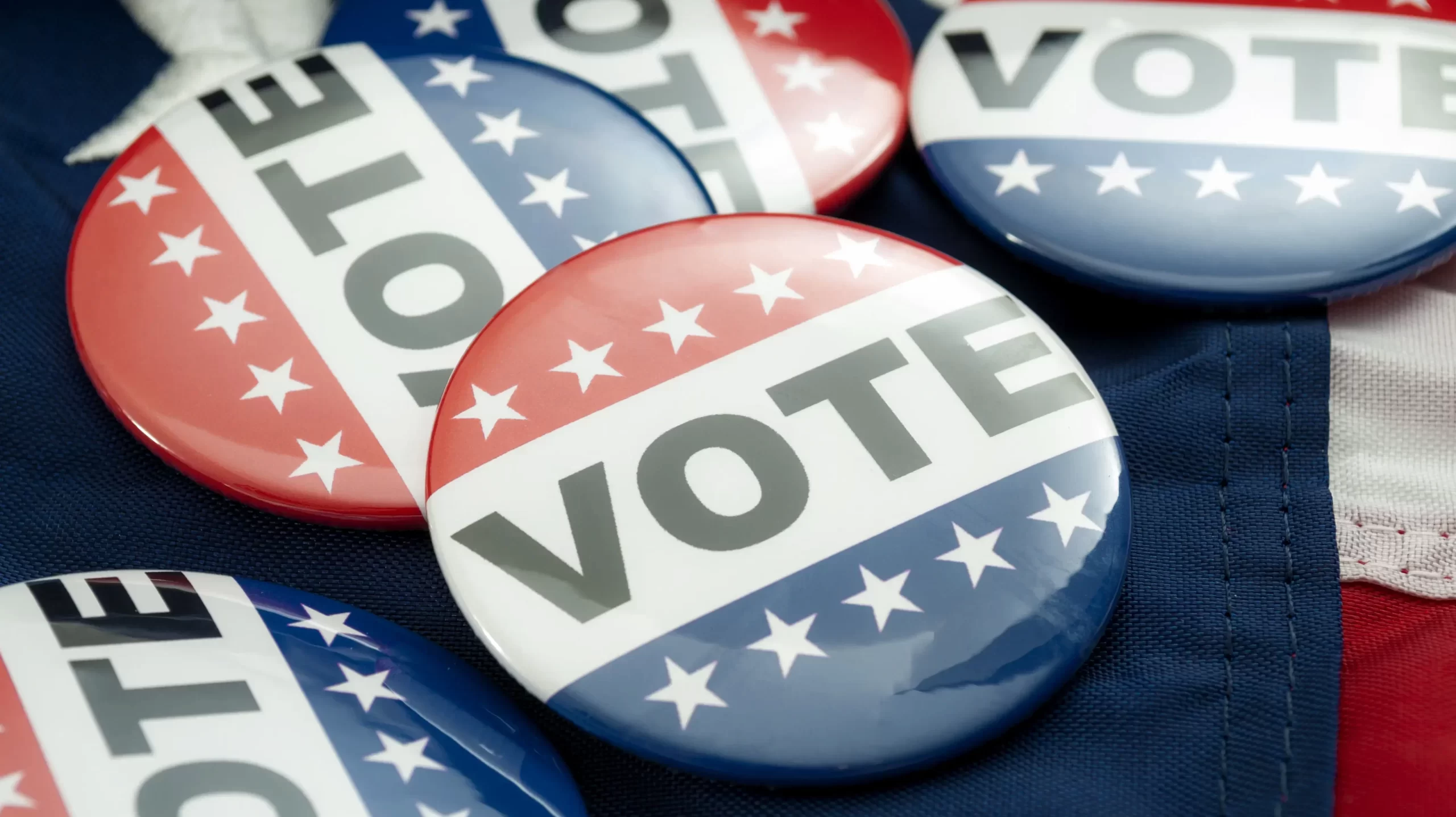|
Getting your Trinity Audio player ready...
|
Numerous new election laws have been passed across the nation since the 2020 presidential election. Advocates have had close to four years to push for reforms to make elections safer, more transparent, and more secure.
Now, with less than two months until the general election, it’s essential that we work together to build confidence in our election systems rather than perpetuating unrest, disharmony, and potential failure by continuing to make changes to the election process. Election security can and should be a nonpartisan issue.
For example, in recent weeks, local election officials have requested Georgia’s State Election Board to stop making further changes to the state’s voting procedures. This request follows a number of last-minute rule changes, including some that were pushed through at an unauthorized hearing without several key legislators present. (Those changes were ultimately reversed, and a new hearing held.)
Alabama’s Amendment 4 prohibits changes to election conduct laws within six months of general elections.
At this late stage, any further changes will only serve to undermine confidence in the voting systems. Elections are important; they are the bedrock of our democratic system. How they are administered is of immense public concern and should always be a matter up for debate. We need to discuss all policy matters publicly and enthusiastically with facts and data supporting our positions.
However, there needs to be a time to end the discussion, adopt the measures of change, and administer the election in this particular cycle. This time is now.
Surveys show that people — Democrats, Republicans, independents, liberals, and conservatives — trust their election officials to methodically and securely administer their elections with integrity and credibility. This includes accurately counting votes and reporting the results of all contests in a free and fair manner.
This is in agreement with many state and federal leaders discussing the election process in their states and around the country, who have stated that their elections are secure, accessible, and fair.
Even though dozens of audits and recounts have been conducted nationwide, and the results have not indicated that any election results should have been reversed from the 2020 cycle, it should be acknowledged that many Americans have their own opinions and have reached their own conclusions about the election, and those opinions are not likely to change in the next two months.
There have been some instances related to election administration in which certain vulnerabilities and administrative errors have been documented and reported. Many of those have been legally evaluated and assessed, resulting in convictions dealing with election fraud. In response, certain weaknesses have been addressed by those jurisdictions and should be closely monitored in the 2024 cycle, as all election activities should be.
While serving as Alabama’s Secretary of State, I was responsible for administering more than 48 elections. That experience taught me the importance of balancing security concerns with access to the polls. I believe that each and every eligible U.S. citizen who is a resident of the State of Alabama should be given the opportunity to become a registered voter, obtain a government-issued photo ID, and exercise his or her right to vote for the candidate of their choice.
Under my administration, we investigated more than one thousand reports of voter fraud and helped modernize and strengthen security around election infrastructure. Seven of these reports actually resulted in voter fraud convictions. These experiences led me to the conclusion that each and every state should be responsible for making it easy to vote and hard to cheat in their jurisdiction.
John H. Merrill served in the Alabama House of Representatives from 2010-2014 and as Alabama’s 53rd Secretary of State from 2015-2023.





















































